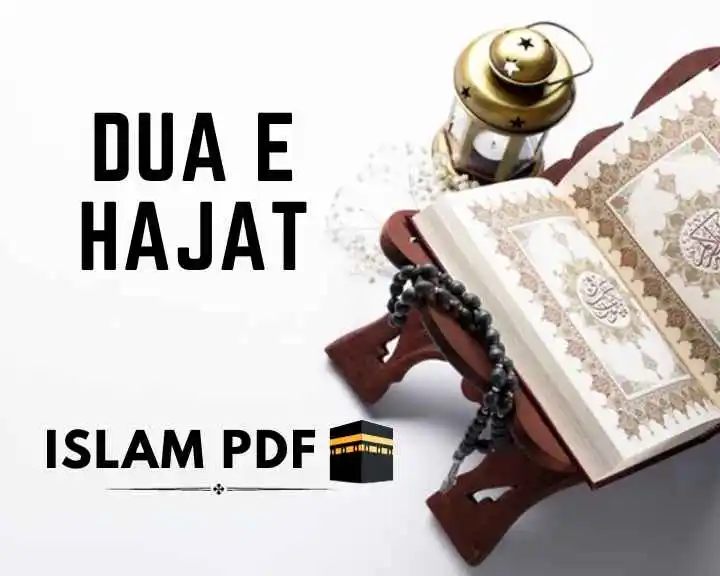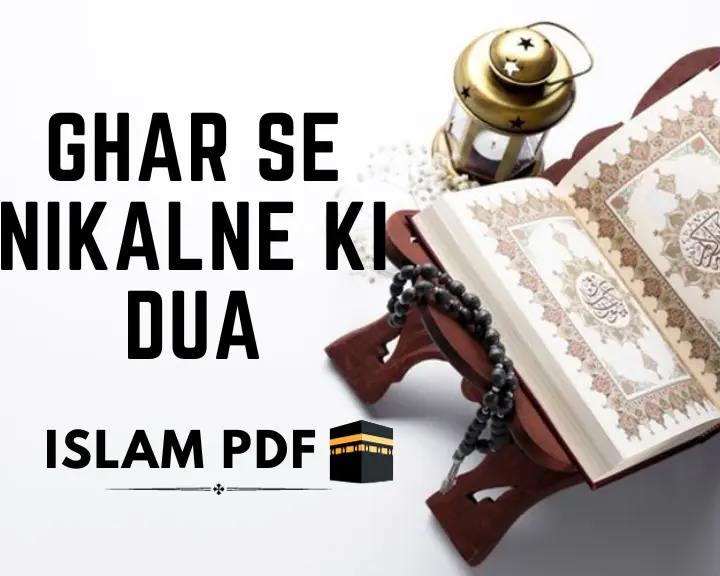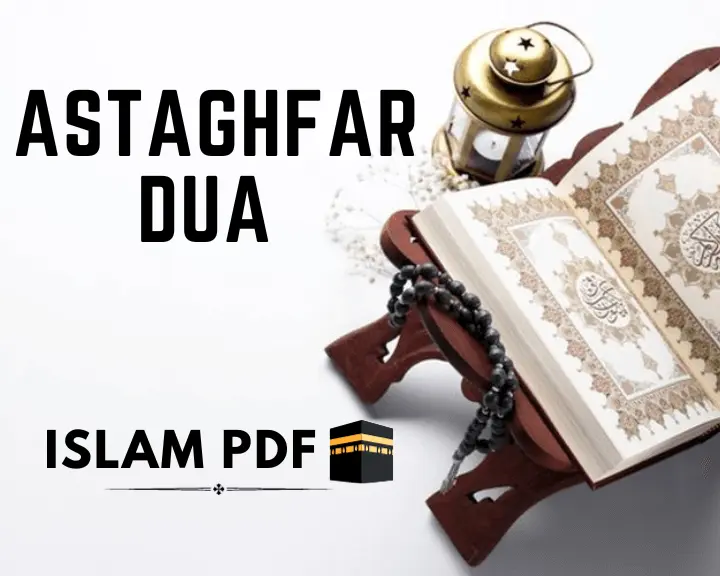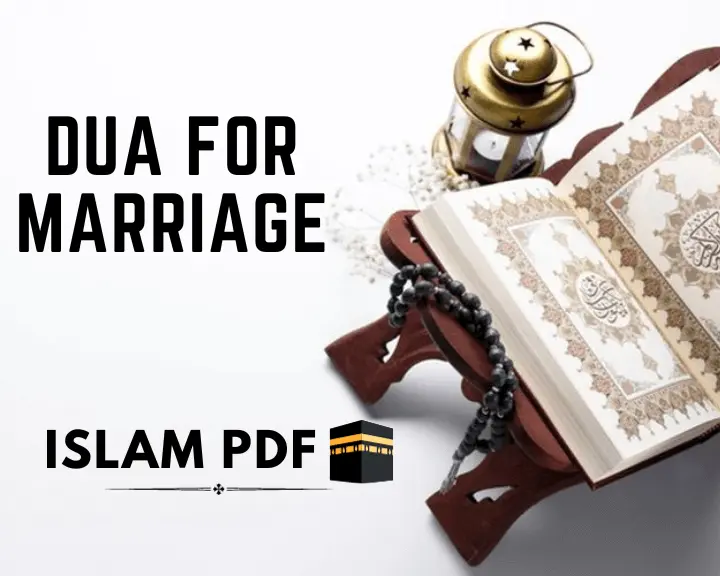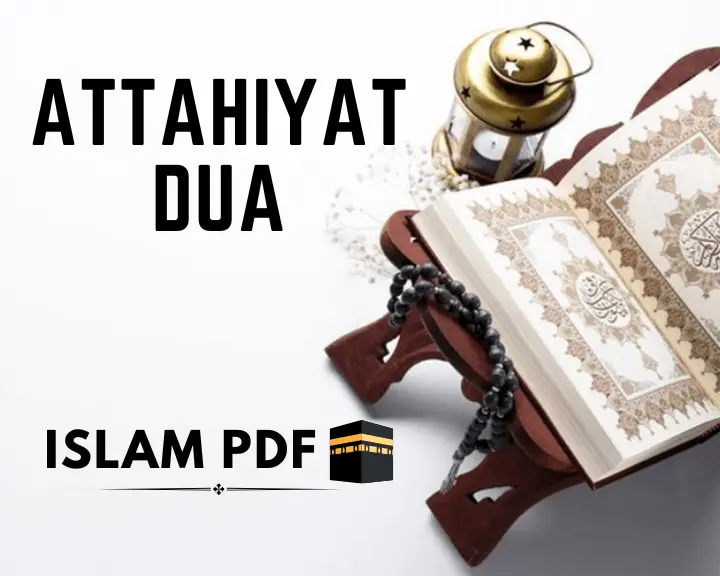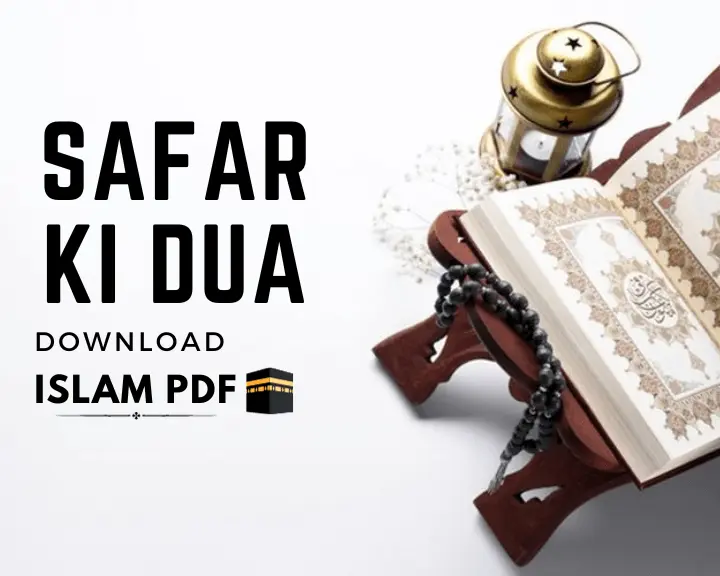Dua for Ghusl | Method | Importance | English & Urdu Translation
The term Dua for Ghusl involves the prayer recited before the Islamic practice of Ghusl (Taking Bath), which is a purification compulsion.
Begin with Bismillah: Purification custom is usually started with the Bismillah, which is the recitation of “Bismillah al-Rahman al-Rahim” to ask for Allah’s blessings and forgiveness.
Dua for Ghusl with Urdu Translation
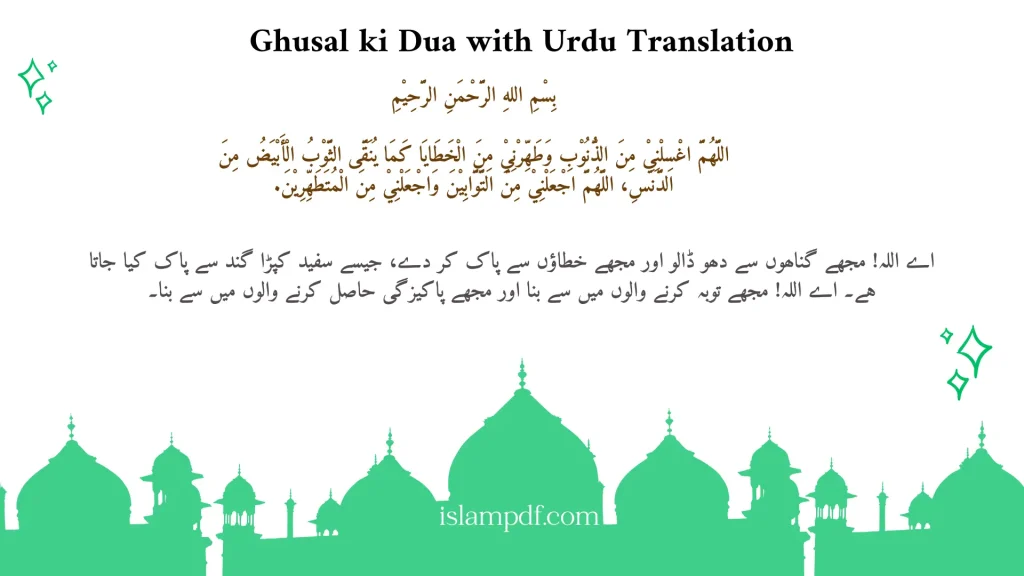
Dua for Ghusl with English Translation
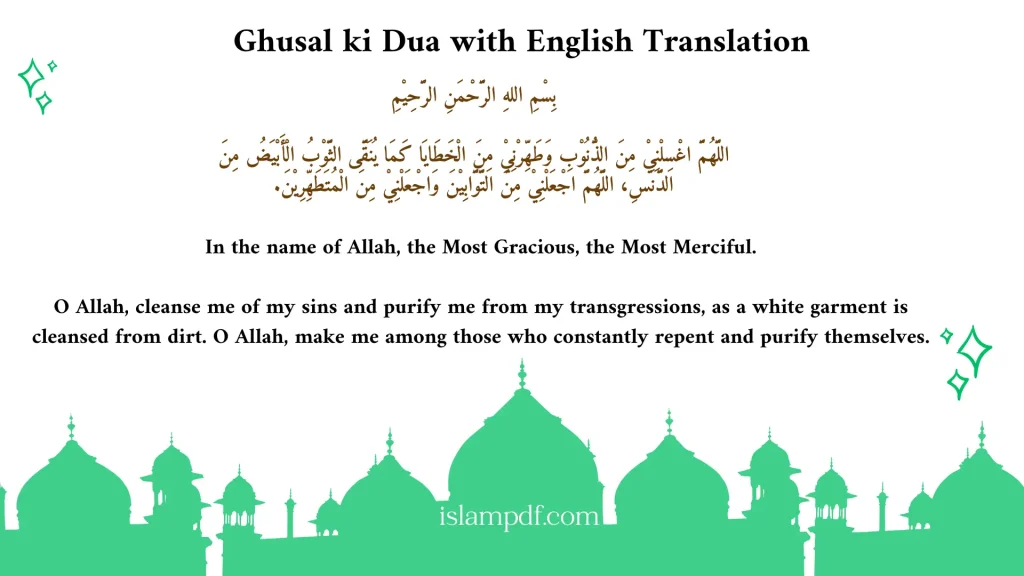
Download Dua for Ghusl Image and MP3
Why should we recite Dua for Ghusal?
Recognition and Acknowledgment of Impurity: Identifying and noting the conditions like periods, after-childbirth bleeding, or intimate encounters that require Ghusl, and remembering to recite the dua for intercourse (Humbistri ki Dua) before engaging in such acts, ensuring adherence to Islamic practices.
- Soul as well as Heart sterilization: Voicing an urge towards religious height and a closer relationship with Allah, as well as for the physical body, heart, and inner being to be purified. Showing regret for sins: Taking advantage of the chance to convey genuine regret for any transgressions or errors, along with a resolve never to repeat them.
- Requesting for Mercies and Safety: Following the completion of the purification process ritual, one can ask Allah for good fortune, safety, and direction in their daily lives.
Ghusal in Islam
In Islam, Ghusal also known as symbolic purification, is a practice that under certain conditions, involves taking a full bath.
Appropriate Ghusal Technique
Starting with good Intention, saying “Bismillah,” washing hands, washing private parts, finishing wudu, washing the head, washing both the right and the left sides of the human body, soaking the whole body with water, and washing the feet are all parts of the proper technique. There is an order that needs to be followed.
When to Perform Ghusal
- Following an intimate relationship.
- Following periods.
- Immediately after Nifas (Postpartum Bleeding).
- Before the Jumu’ah prayer.
- Before the Eid prayers (Eid ul Adha and Eid al-Fitr).
- Before wearing the Ihram for the Umrah or Hajj.
- Following an Ihtilam (Wet Dream).
- In front of death (Ghusal al-Mayyit).
FAQ’s
Summary
Although there isn’t a fixed Dua, Ghusal Ki Dua is a chance for self-analysis, spiritual growth, and requesting Allah’s forgiveness and mercy in the words of oneself. We can follow various traditions depending on our cultural and local background.

